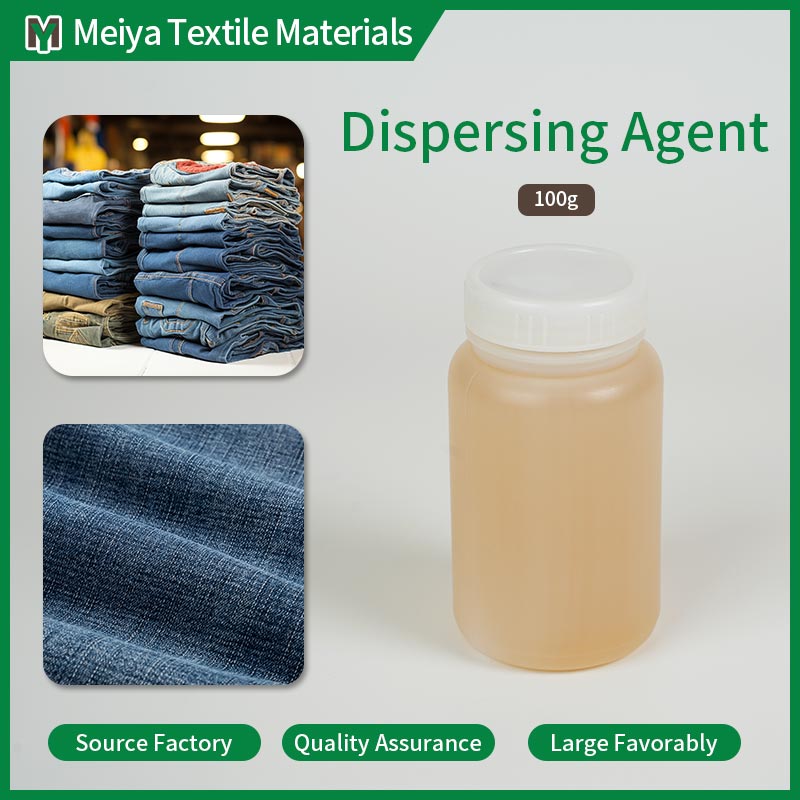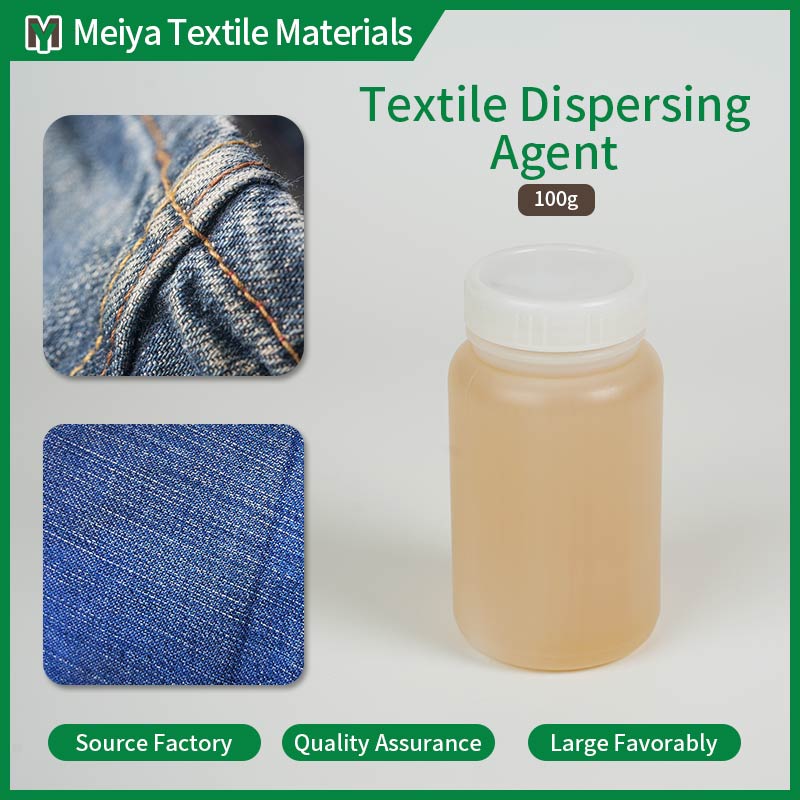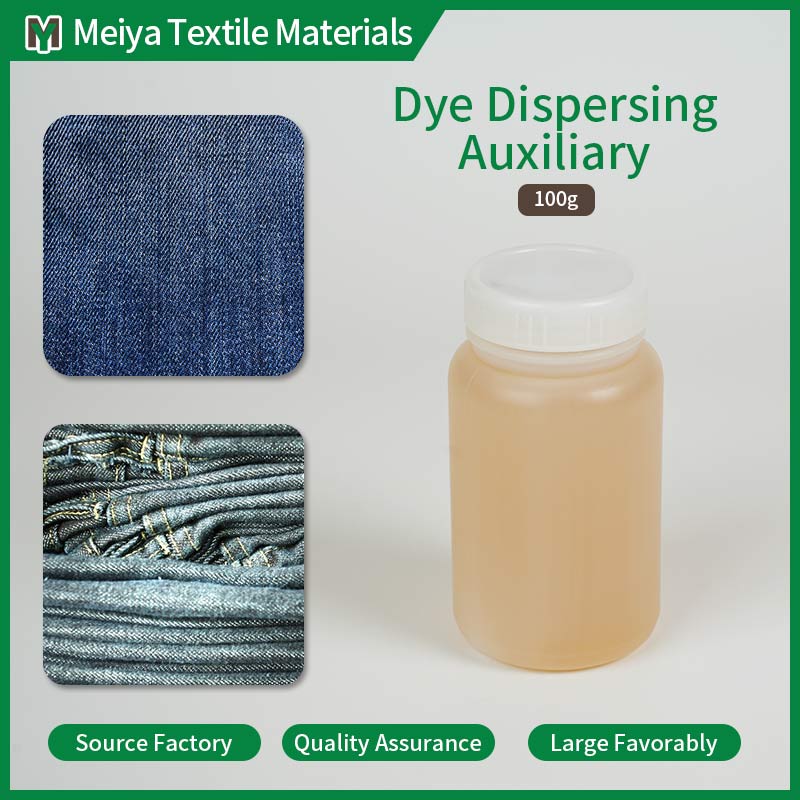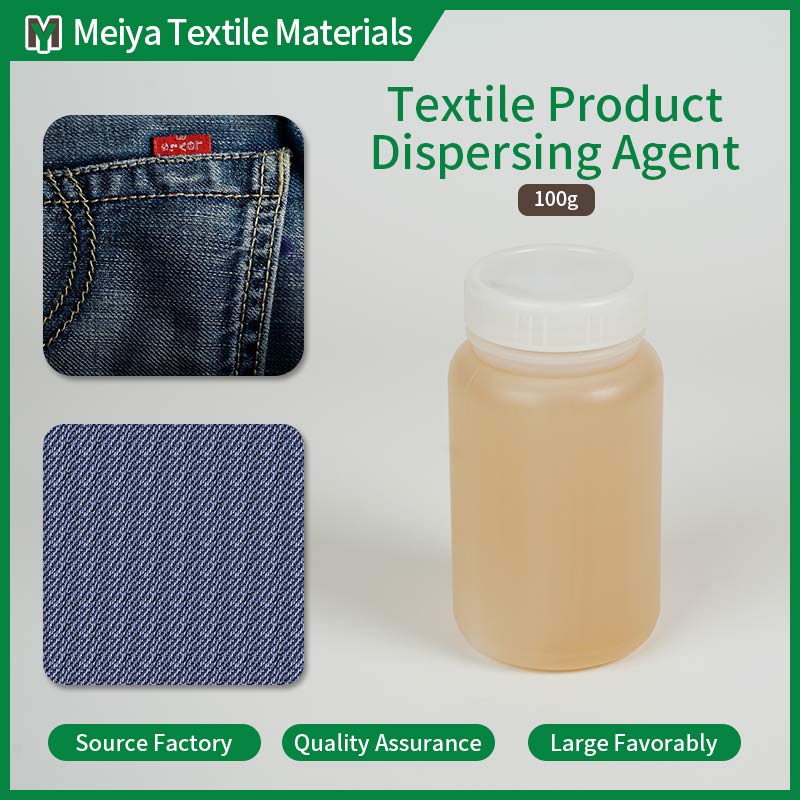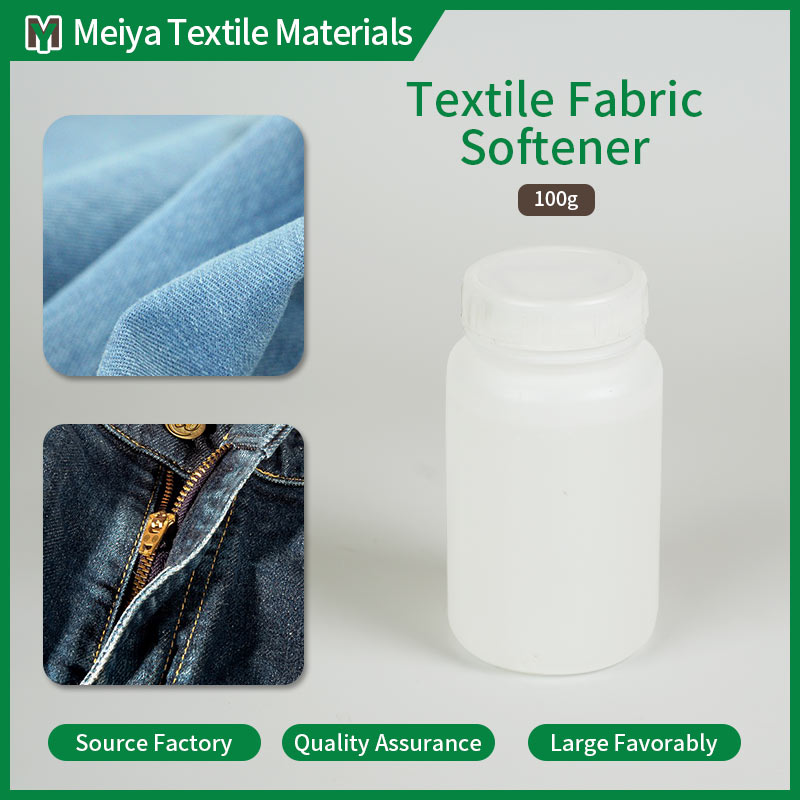Textile Detergent Additives
Please click the button below to contact us.
Introduction:Chinese Textile Fabric Softeners are responsible for lowering fabric rigidness, enhancing flow and diminishing creases that results into sophisticated touch of clothing apparel, home-furnishings and other fabric-oriented products.
Product Description
textile fabric softener is a specialized formula used in textile industry, for giving fabrics the soft and silky feel. When applied during the final stages of production, this agent reduces friction between fibers thereby resulting in a better feeling when touched. It works well with different materials like natural as well as synthetic fibers making it versatile in its applications on textiles. Chinese Textile Fabric Softeners are responsible for lowering fabric rigidness, enhancing flow and diminishing creases that results into sophisticated touch of clothing apparel, home-furnishings and other fabric-oriented products.
Textile Fabric Softener Features:
Textile Fabric Softeners exhibit distinctive features that make them essential in the textile industry. Here are key characteristics:
1. Softness Enhancement:
Textile Fabric Softeners excel in enhancing the softness of fabrics, providing a smooth and luxurious feel against the skin.
2. Reduced Fiber Friction:
These softeners work by minimizing fiber friction, resulting in a notable reduction in fabric stiffness. This enhances the overall comfort of textiles.
3. Improved Fabric Drape:
Fabric Softeners contribute to better fabric drape, allowing textiles to hang and fall more gracefully. This is particularly beneficial for garments and home textiles.
4. Minimized Wrinkles:
The application of Fabric Softeners helps minimize fabric wrinkling, reducing the need for extensive ironing and maintaining a neat appearance.
5. Versatility Across Fabric Types:
Textile Fabric Softeners are formulated to be compatible with various fabric types, including natural fibers like cotton and wool, as well as synthetic fibers such as polyester and blends.
6. Quick Absorption:
Designed for rapid absorption into fabrics, these softeners ensure efficient and uniform distribution, contributing to time-efficient manufacturing processes.
7. Long-Lasting Softness:
The softness imparted by Textile Fabric Softeners is often long-lasting, enduring through multiple wash cycles and maintaining a consistently pleasant texture.
8. Flexibility in Application Methods:
Fabric Softeners can be applied through various methods, including exhaust, padding, or spraying, providing flexibility in incorporating softening treatments into different stages of textile production.
9. Enhanced Comfort in Apparel:
Particularly significant in the apparel industry, Fabric Softeners contribute to the overall comfort of clothing items, making them more enjoyable for wearers.
10. Compatibility with Other Finishes:
These softeners can be used in conjunction with other finishing treatments, allowing for the simultaneous enhancement of multiple textile properties, such as water repellency or flame resistance.
11. Adaptability to Sustainable Practices:
Some Fabric Softeners are formulated with eco-friendly considerations, aligning with the industry's emphasis on sustainable and environmentally conscious manufacturing.
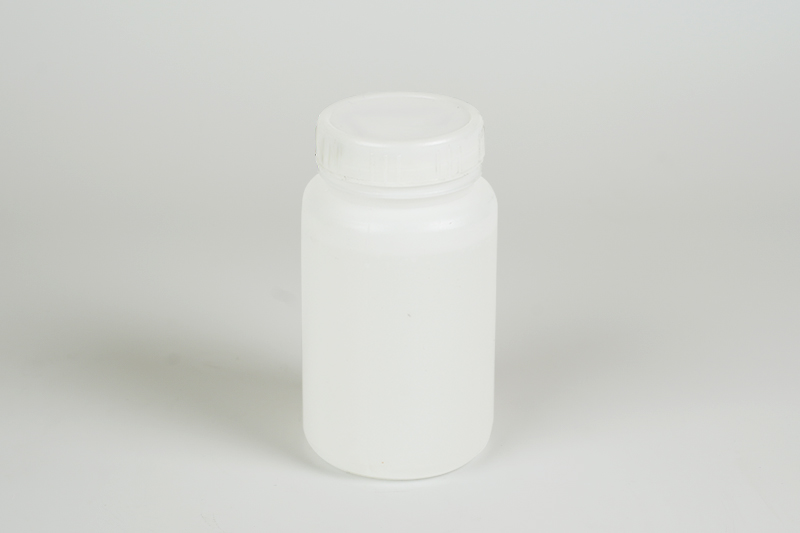
Textile Fabric Softener Application
Fabric Softening Process:
The finish process of fabric softeners is applied to textiles. This can occur either during the manufacturing of the fabric itself or as a post-production treatment.
Incorporation into Rinse Cycle:
For this reason, in many industrial environments, the last rinsing cycle of washing machines or textile processing equipment is usually supplemented with fabric softeners. In doing so, even spread and complete coverage of the cloth by the softening agent are ensured.
Spray Application:
Meanwhile, fabric softeners can also be sprayed onto fabrics through spray nozzles for particular applications. With this method, only a specific section can be treated like certain materials while others cannot.
Bulk Dyeing Process:
Moreover, there are times when bulk dyeing processes involve fabric softeners. This makes sure that even after being colored; its softness is maintained and dyeing does not compromise texture of the cloth.
Home Use:
Also, fabric conditioners are among common home laundry products used by consumers. For instance; they are mostly put in household washing machines at final rinse stages for purposes such as fabric-softening, static-control and fresh-scent
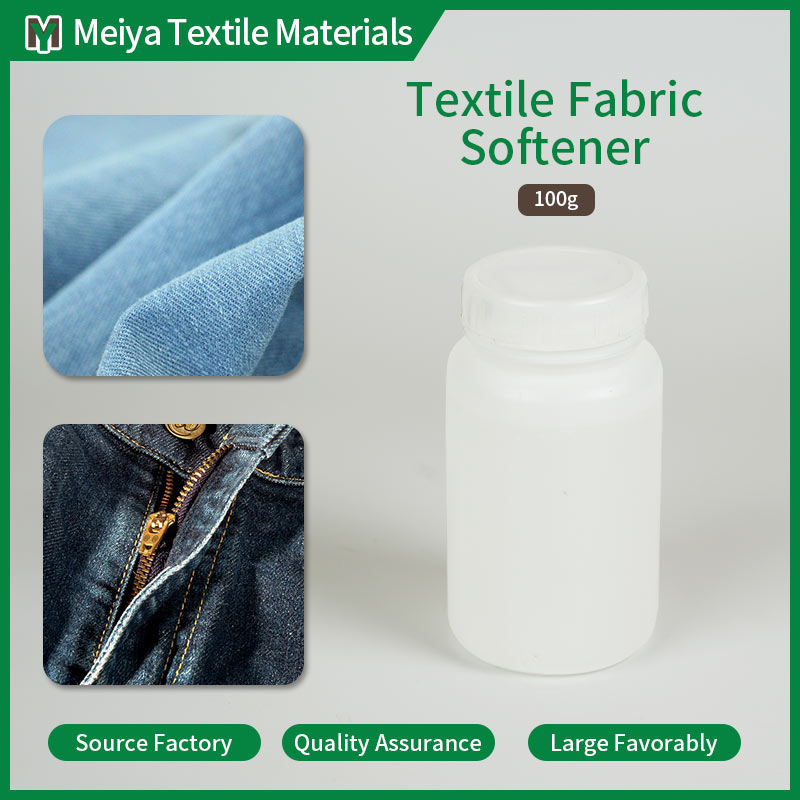
Textile Fabric Softener FAQ
How does a fabric softener work?
The agent works by lubricating fibers, which reduces stiffness and improves the drape of fabrics. It also helps reduce wrinkles and gives garments, home textiles, and other fabric products a luxurious feel.
What types of fabrics can fabric softeners be used on?
Fabric softeners are compatible with a wide range of fabric types, including natural fibers like cotton and wool and synthetic fibers like polyester and nylon.
Are fabric softeners safe for sensitive skin?
Yes, fabric softeners are formulated to be safe for fabrics specifically made for sensitive skin. They are tested to ensure compliance with textile safety standards.
How should a fabric softener be used?
It is typically used in the final rinse of the washing process or during the finishing stage of textile manufacturing. Follow the manufacturer's instructions for optimal dosage and use.
Does a textile fabric softener affect the durability of fabrics?
When used as directed, textile fabric softeners can improve the durability of fabrics by reducing friction and minimizing wear and tear during wash and drying cycles.
Can textile fabric softeners be used in industrial settings?
Yes, textile fabric softener formulations are available for both industrial and consumer use, offering versatility in a variety of textile applications.

